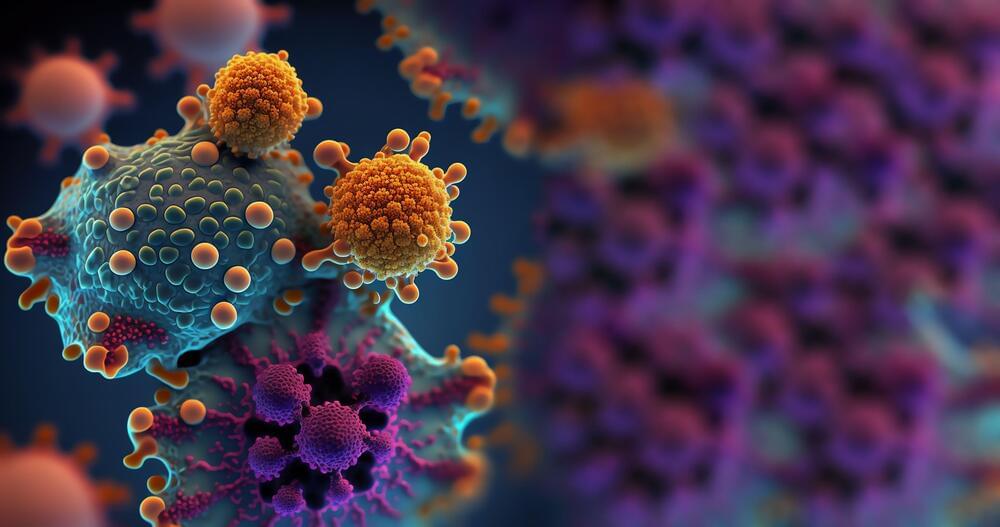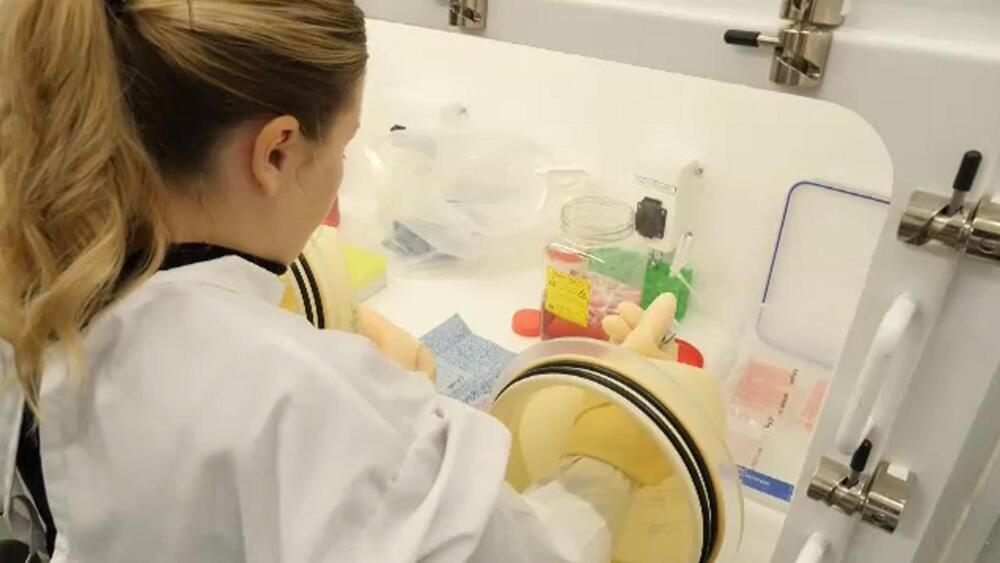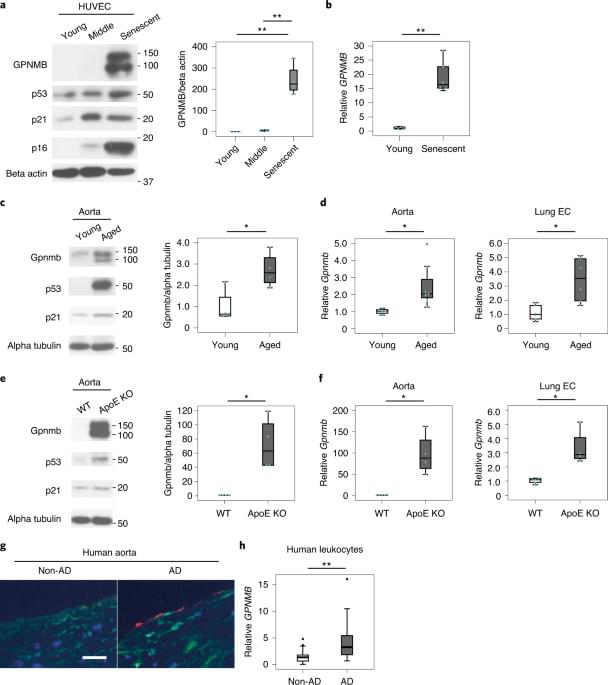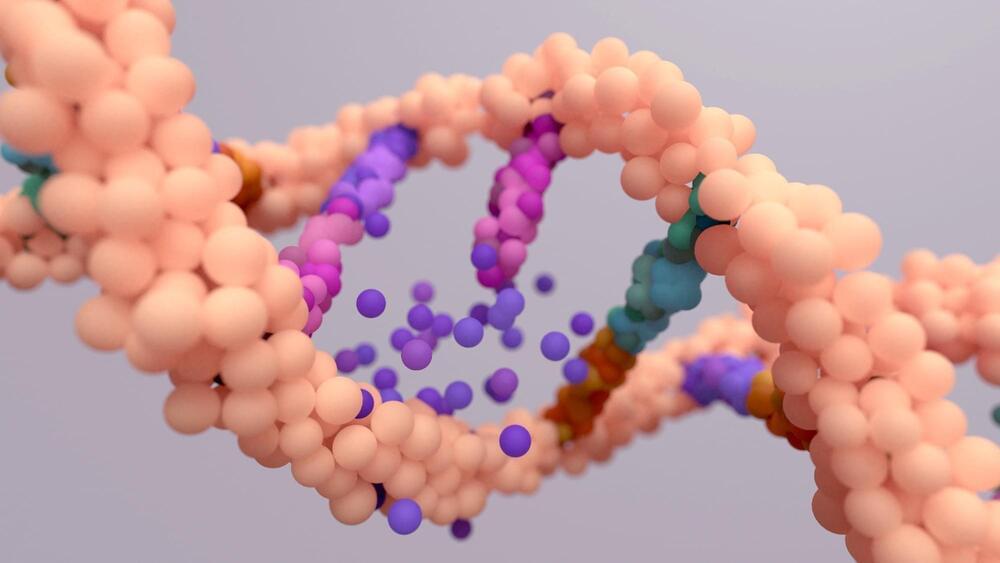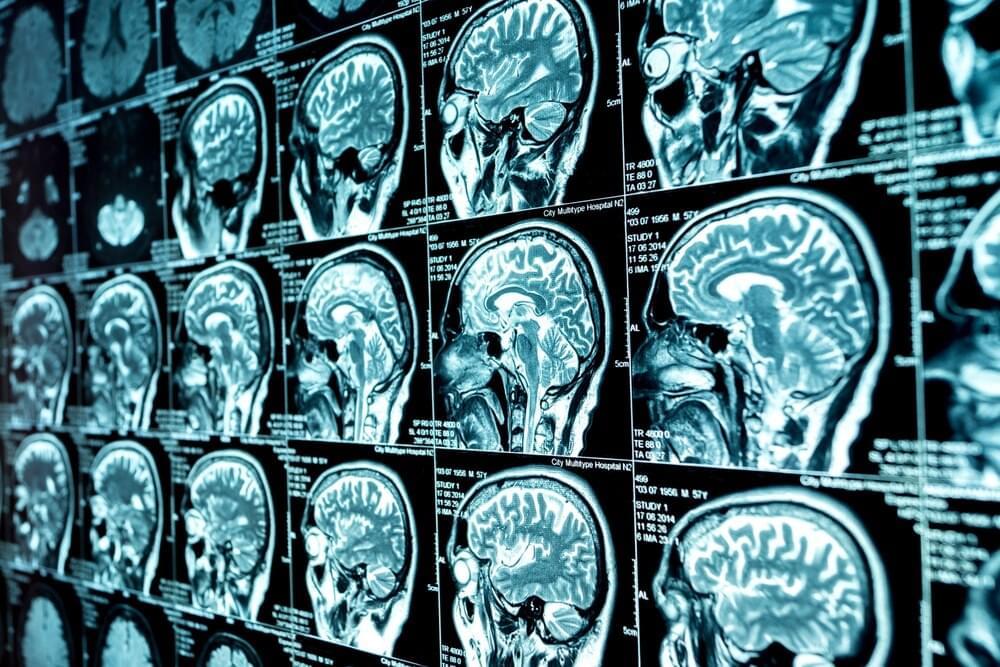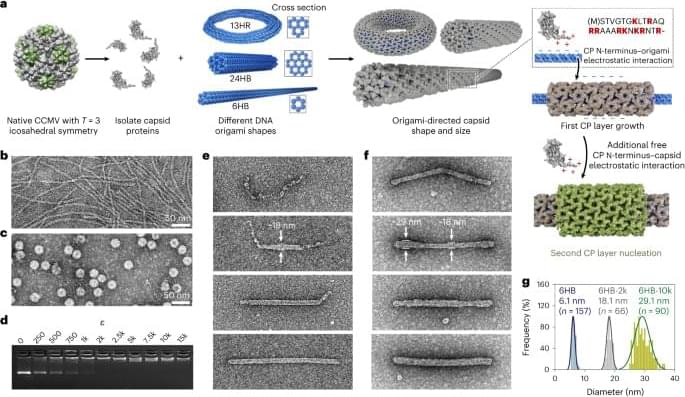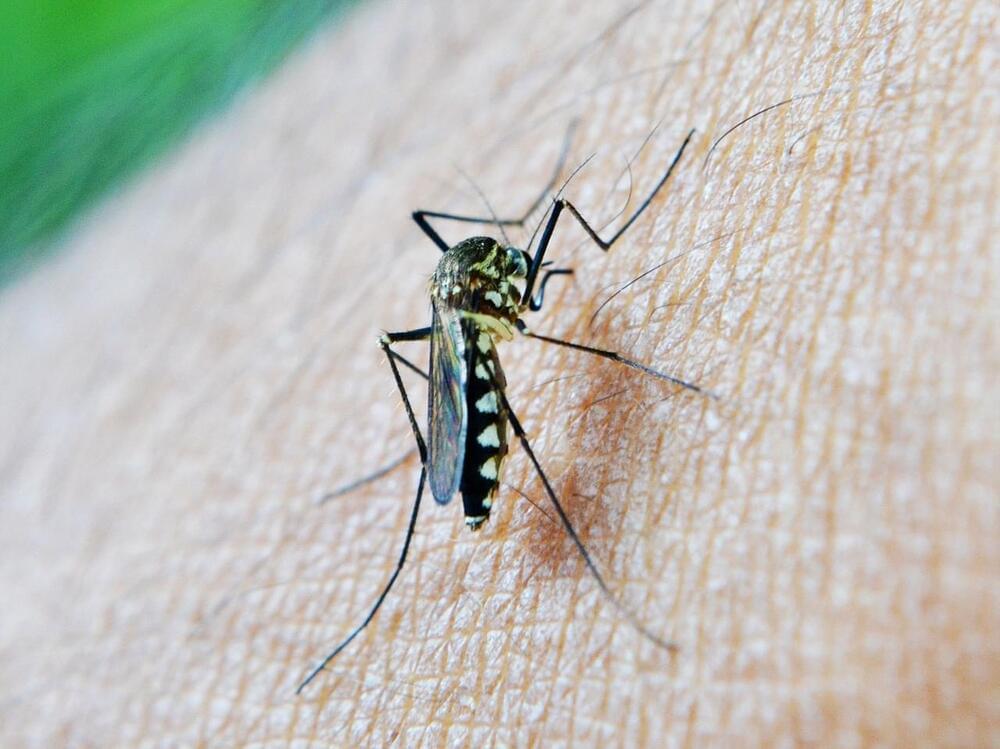
Malaria is a possibly fatal disease caused by a parasite transferred by mosquitos to humans. Common symptoms include fever, chills, and flu-like traits. According to the Centers for Disease Control (CDC), around 2,000 cases of malaria are diagnosed in the United States per year. The diagnosis is common in individuals coming back from Africa or Asia. On a global scale, about 700,000 people die from malaria, and most are children. However, death from malaria can usually be prevented with early detection and proper medical care. Researchers are trying to proactively target malaria by developing a new vaccine using genetic material.
Researchers from the Victoria University of Wellington’s Ferrier Research Institute, the Malaghan Institute of Medical Research, and the Peter Doherty Institute for Infection and Immunity have all worked together to develop a vaccine that can effectively stimulate cells in the immune system against malaria-causing parasite, Plasmodium. The vaccine, described in Nature Immunology, is designed to generate resident memory cells in the liver to combat Plasmodium. Resident memory cells are a type of immune cell that reside in tissues throughout the body to target invading pathogens that enter those tissues.
The vaccine is made with messenger ribonucleic acid (mRNA), as opposed to peptides or proteins. The difference between the two is the type of material delivered by the vaccine. Peptide-based vaccines use peptides from the virus to elicit an immune response. Alternatively, mRNA vaccines use mRNA extracted from the virus. In this study, the researchers originally used a peptide-based vaccine but recently found mRNA improves the activation of resident immune cells to kill malaria-based pathogens. The treatment result was significant between the two types of vaccines because the peptide-based vaccine had small fragments of protein and could not stimulate the immune system effectively, while the mRNA could encode for an entire malaria protein.
